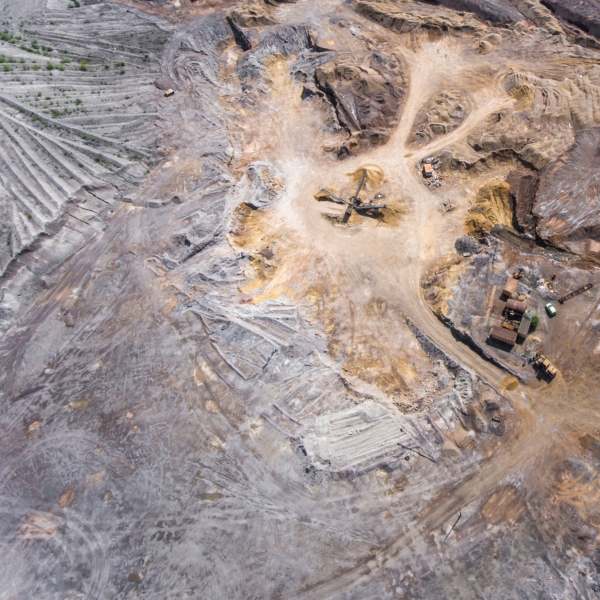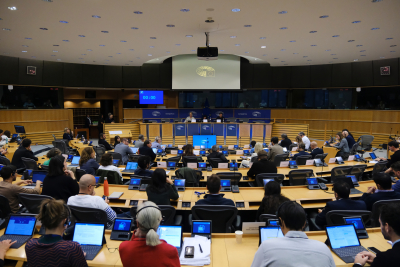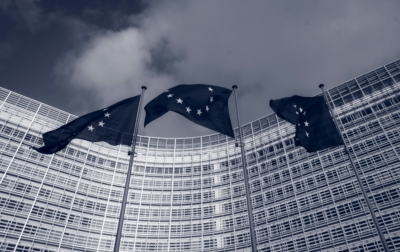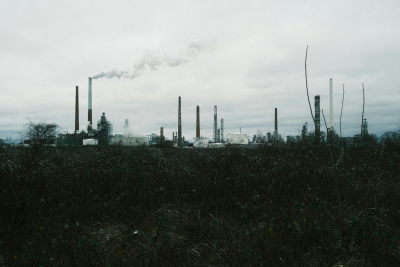Natural resources can lift millions in the developing world out of poverty. But they can also motivate and enable corruption, particularly given the large and sometimes vast revenues involved, the remoteness of many operations, the secrecy surrounding many contractual arrangements and the discretionary power of public officials over national resources. This is known as the resource curse.
In most developing countries progress on poverty eradication depends on the effective management of domestic resources and the revenues they generate. However, in most countries considered resource-rich, governance challenges persist, including high levels of corruption and secrecy. Of the 54 countries at the bottom of the 2016 Corruption Perception Index, 32 are considered resource-rich (approximately 59%) according to the latest Resource Governance Index.
Civil society has long advocated for increased disclosure in key areas of corporate reporting as one important way to improve the accountability of companies operating in the extractives sector.
The EU Accounting Directive, adopted in 2013, includes a requirement for large oil, gas, mining and logging companies listed and registered in the EU to disclose their revenue payments to governments around the world on a country-by-country and a project-by-project basis. In 2018, the European Commission (EC) will review this legislation.
This briefing paper has been prepared by a coalition of civil society organisations, including Transparency International EU, in order to strengthen EU policy on promoting transparency and accountability in the extractives sector during the upcoming legislative review. It outlines the main achievements of the existing transparency legislation for the extractives sector as well as its loopholes, and sets out recommendations for the EC’s review.




